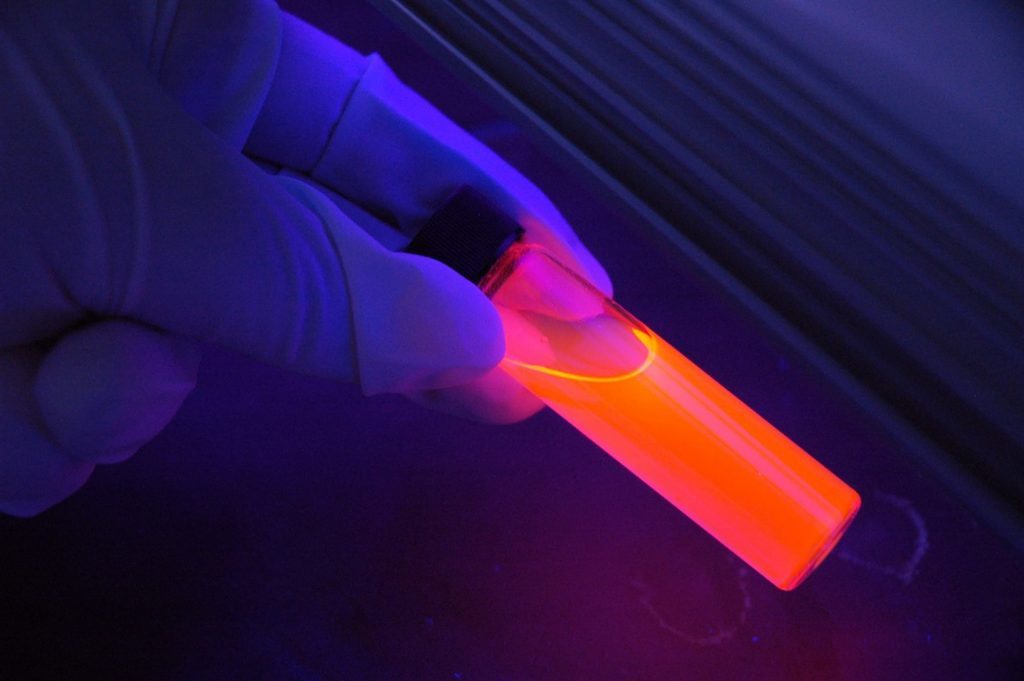
ExxonMobil and Renewable Energy Group (REG) announced today that they’ve successfully used REG’s patented fermentation technology to convert cellulosic sugars into biodiesel.
As a result of these positive findings, both companies have agreed to extend the research programme.
While conducting their initial research, the companies successfully authenticated the feasibility of ‘the REG Life Sciences fermentation technology across multiple cellulosic sugar compositions produced with a variety of methods from various non-edible biomass sources’.
The research also confirmed that the technology is capable of reaching extensive reductions of full-lifecycle greenhouse gas emissions compared to traditional diesel fuel.
Vijay Swarup, vice president of research and development at ExxonMobil Research and Engineering Company, said: “Our first challenge during the initial research was to determine technical feasibility and potential environmental benefits. We’re optimistic as the results indicate good potential for advancing the technology, and we look forward to continuing our work with REG Life Sciences.”
“Biofuels today are made largely from food sources, such as corn and sugar cane. ExxonMobil is challenging that paradigm by exploring a portfolio of large-scale biofuels solutions that do not compete with food and water.
“Our work with REG Life Sciences has been critical to better understanding the potential for converting cellulosic feedstock from agricultural waste into a commercially viable diesel fuel, as well as the lifecycle greenhouse gas implications of that process.”